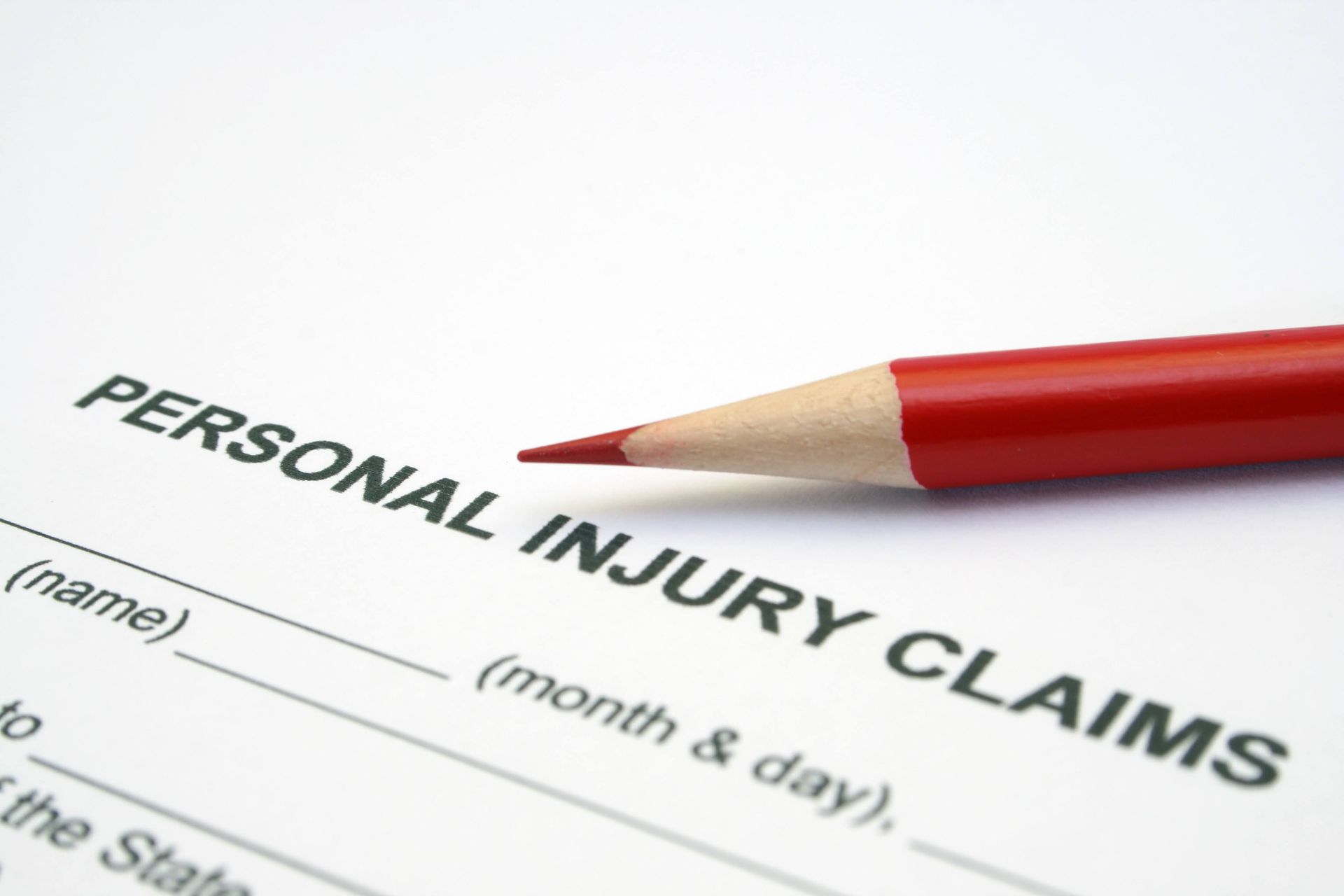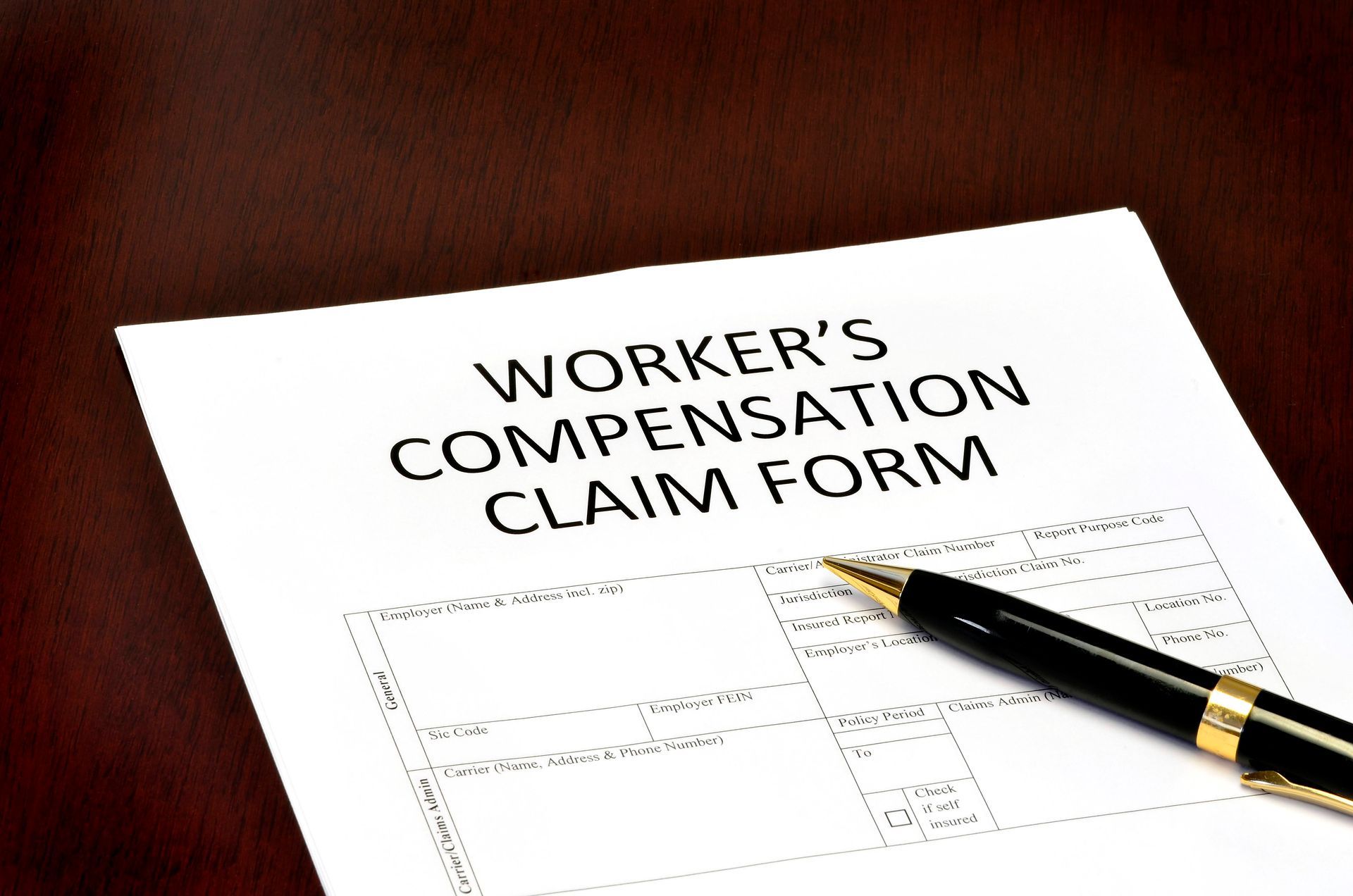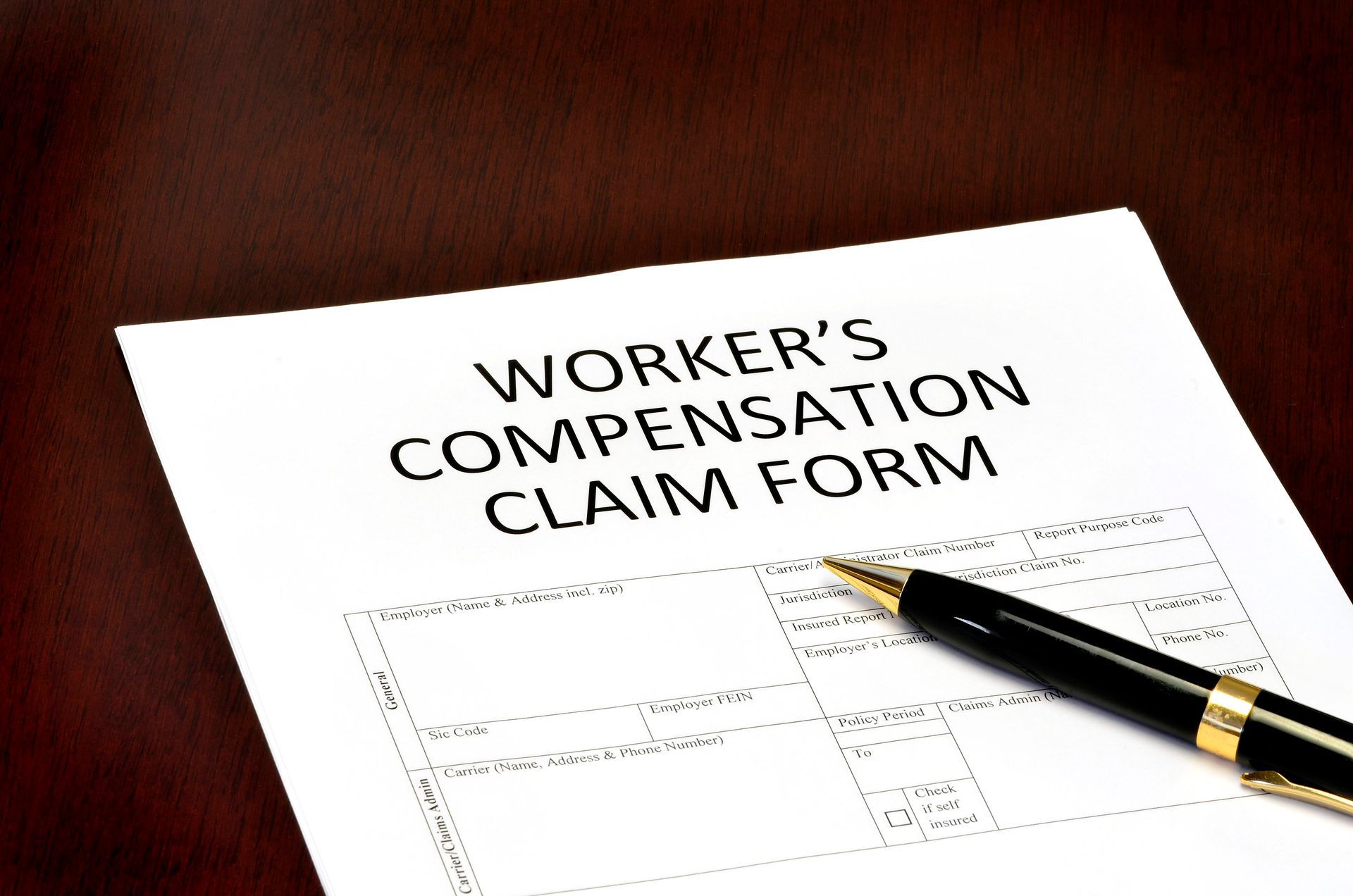CALL US TODAY!
Patchogue (Main Office) 440 Waverly Avenue, Suite 7 Patchogue, NY 11772
524 East Main Street, Suite 202, Riverhead, NY 11901
300 Broadhollow Road, Suite 100 W, Melville, NY 11747
Navigating The Complex Terrain Of Worker's Compensation: A Comprehensive Guide

Worker's compensation is a vital safety net designed to protect employees in case of work-related injuries or illnesses. However, understanding worker's compensation can be complex and overwhelming. In this blog post, you will learn some key aspects of worker's compensation, helping both employees and employers navigate through this process.
Understanding Worker's Compensation: An Overview
Worker's compensation is a state-regulated insurance program that provides medical treatment, wage replacement, and rehabilitation benefits to employees who suffer work-related injuries or illnesses. This system operates on a no-fault basis, meaning that regardless of who is at fault for the injury, the injured worker is entitled to benefits.
Eligibility and Coverage
Not all employees are covered by worker's compensation. Generally, full-time, part-time, and seasonal employees are covered, while independent contractors and volunteers may not be. Coverage also varies by industry and job type. For instance, certain agricultural or domestic workers might not be covered in some states.
Common Work-Related Injuries Covered
Worker's compensation covers a wide range of injuries and illnesses. These can include physical injuries like fractures, sprains, and strains, as well as occupational diseases such as hearing loss, repetitive stress injuries, and respiratory issues caused by workplace exposure.
Steps to Take When Injured
When an employee is injured at work, there are several critical steps to follow. First, they need to Inform their supervisor or employer about the injury as soon as possible. If they delay doing this, it can impact their ability to receive the benefits.
The next step in the process is seeking medical attention for injuries. The employer's worker's compensation insurance should cover all medical expenses. Everything should also be documented. This includes keeping records of all medical treatments, expenses, and communications related to the injury. These records will be crucial for a worker's compensation claim.
Filing a Worker's Compensation Claim
Filing a worker's compensation claim involves several steps:
- Complete the Necessary Forms: The employer will provide the necessary claim forms. It is important to fill them out accurately and thoroughly.
- Submit the Claim: Send the completed forms to the employer's worker's compensation insurance provider. Copies of everything should be kept.
- Wait for a Decision: The insurance provider will review the claim and make a decision on whether to approve or deny benefits.
Benefits
Worker's compensation offers many benefits for employees For example, they will receive coverage for medical expenses related to the injury, including doctor visits, surgeries, medications, and rehabilitation.
They will also receive temporary disability benefits, such as wage replacement if an employee is not able to work temporarily due to their injury. Employees will also receive compensation for a permanent reduction in their earning capacity caused by the injury. If needed, they will receive vocational rehabilitation. This will provide them with assistance in returning to work if their injury prevents them from continuing in their previous role.
Appealing a Denied Claim
If the claim is denied, employees have the right to appeal. The appeals process varies by state but often involves presenting additional evidence or attending hearings to state your case. Employees should seek the help of a qualified attorney to increase their chances of getting the claim approved.
Employer Responsibilities
Employers play a crucial role in the worker's compensation process:
- Providing Coverage: Employers are required to carry worker's compensation insurance to cover their employees.
- Prompt Reporting: Employers must report workplace injuries to their insurance provider promptly.
- Non-Retaliation: Employers cannot retaliate against employees for filing worker's compensation claims.
Prevention and Safety
The best way to manage worker's compensation is to prevent workplace injuries. Employers should prioritize safety by implementing training programs, maintaining a hazard-free environment, and encouraging open communication about safety concerns.
If you find yourself facing a work-related injury, contact Gilbert, Blaszcyk & Milburn LLP so going through this process will be much smoother for you.
Phone: 631-447-6500 | Email: office@gbmcomplaw.com | Address: Patchogue (Main Office) 440 Waverly Avenue, Suite 7 Patchogue, NY 11772
Business Hours: 9:00 am – 5:00 pm









